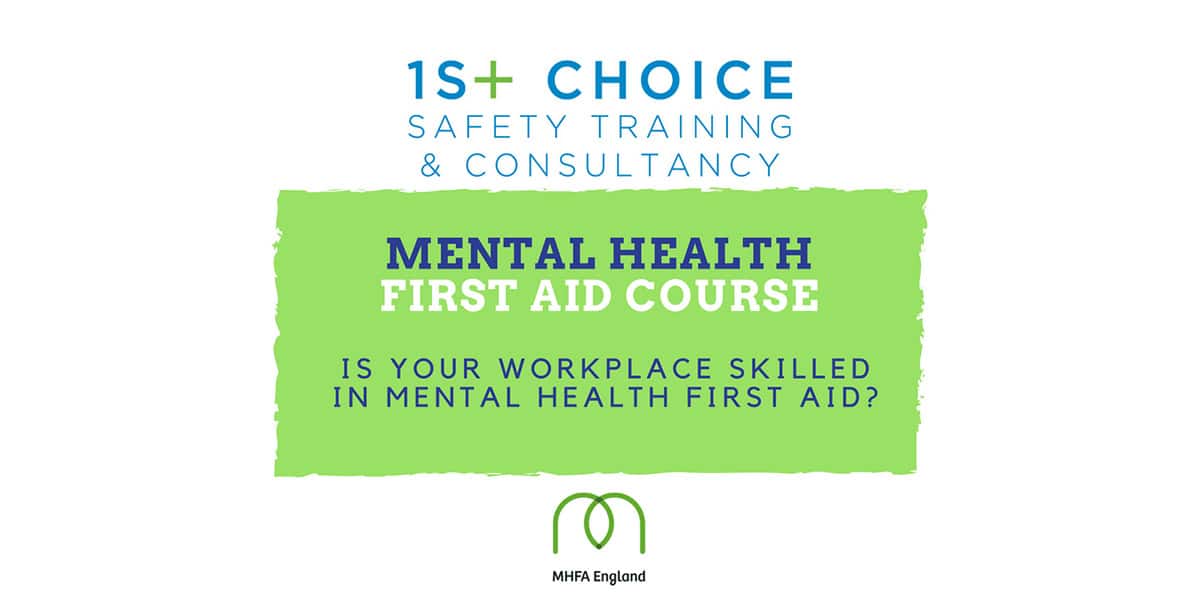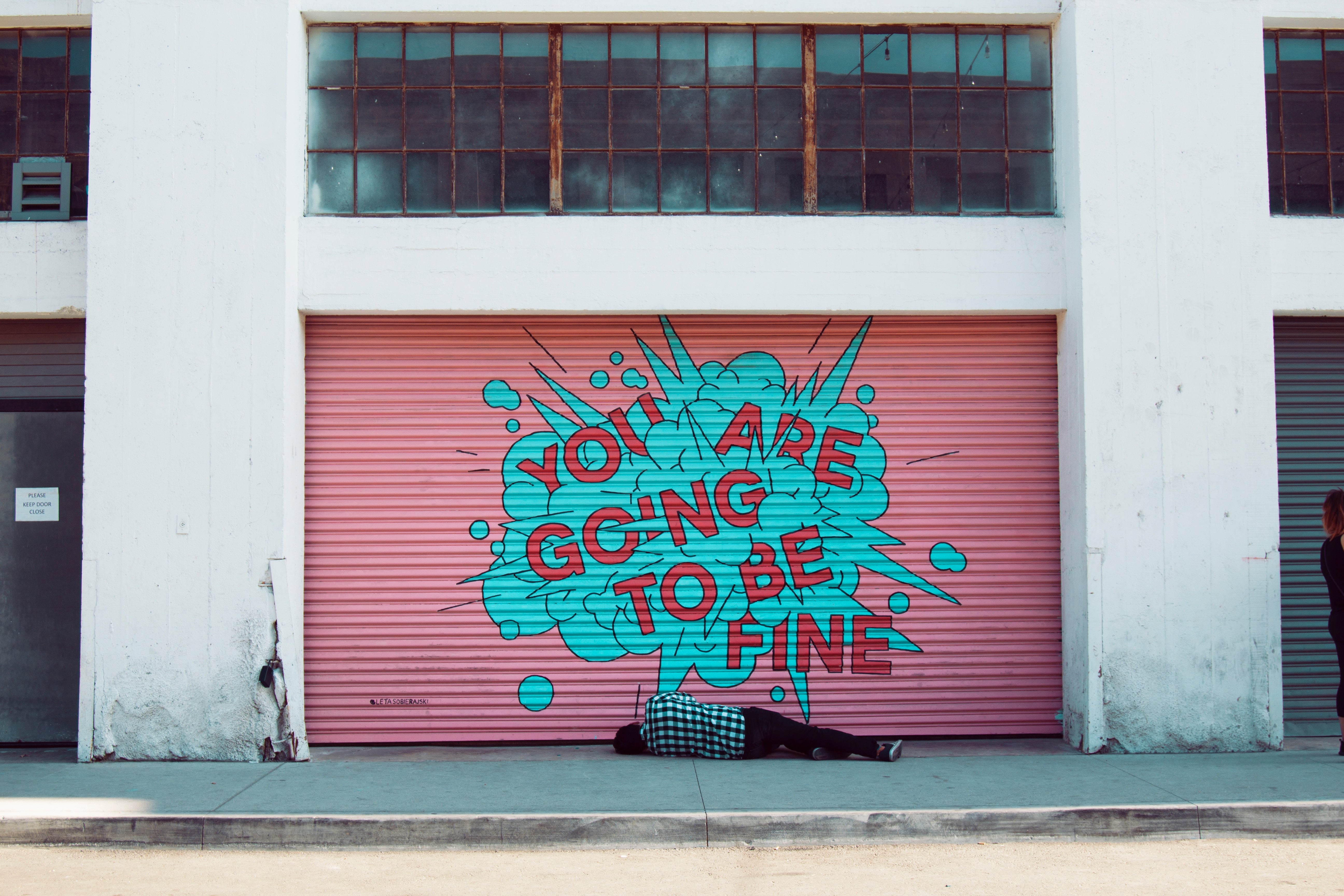Reason for the problem
We’re currently facing a perfect storm in mental health and wellbeing at work.
The pressures during lockdown and how they’re causing mental illness are well-documented and, as a trainer of mental health first aiders and as an organisation who supports companies with this, I’m seeing for myself the impact the pandemic and its restrictions are having on people.
For one, people are now realising how much they miss the social interaction they had in the physical workplace, and we’re certainly now seeing people with a massive feeling of isolation.
Working from your home can make you feel cocooned or even imprisoned. It can feel all-consuming, particularly if you have to juggle work with other activities, such as home-schooling. People are getting feelings of failure because they’re finding it hard to meet their own expectations for achieving these different tasks.
Other big things include access to technology and the all-too-common issues of not getting a good phone reception or finding it difficult to get a broadband connection for an important meeting. Money worries, particularly after Christmas, are a concern. People are seeing their gas and electricity bills rise. They’re dreading seeing the bill drop through the letterbox. Extra costs are being piled on day to day.
This year, as in any other year, the short days and wintry conditions are bringing about seasonal affective disorder.
Outside of work, people are not able to see family. In sectors like the food and care industries, you have those who have come from other countries to work here and they’re not able to travel and return home to see their families. They have not seen their loved-ones for nearly a year.
With all of this going on, is it any wonder people are struggling to cope? Your mind is like a bucket (stress container) and when you have so much to deal with it can overflow, and you can feel like you’re out of control.
So how, as an employer or work colleague, can you spot the signs that someone you work with is really struggling to cope when you’re only connecting with them by phone or video conferencing?
How can we help?
1st Choice Safety is a registered deliverer of mental health first aid training and we’re currently working with organisations, via virtual classroom training and face-to-face training, to help them monitor and take action when they spot colleagues suffering with their mental health. We also work with organisations to implement measurable strategies to assist their workforce going forward.
I’d recommend to any employer with a duty of care to consider mental health first aid training because it can help you to spot the signs and act quickly. But here I’ll share some advice on mental health first aid and some of the signs and symptoms you can detect, even via a Zoom or Teams call.
What to look for?
Generally speaking, we want to be looking for the presence of the abnormal and the non-presence of the normal. What do I mean by this? You have got to know your colleagues and how they behave and someone suffering with their mental health will often act or appear differently. For example
- They’re more introverted. Your colleague has withdrawn into their shell and isn’t participating in meetings online
- Their camera is now off in meetings
- They’re appearing on camera looking unkept
- Yawning and looking tired. People suffering the onset of conditions such as depression will often have difficulties sleeping
- Weight loss or weight gain. Mental health problems often lead to changes in eating habits and exercise
- They’re in an unusually sad mood
- You can spot your colleague has difficulties concentrating on the call, or making decisions
- Easily irritated or angered. Have you noticed your colleague losing their temper during calls?
- More absence from work than usual. Mental health issues can also lead to physical problems that require care are away from work
- Deadlines are now an issue for your colleague, who would usually be on time with their work
- Their work is not up to its usual standard. A drop in performance is a common sign of mental health issues
This list is non-exhaustive, just some examples of indicators.
According to the Business in the Community, 2018: Mental Health at Work report, only 16% of people said they felt able to disclose a mental health issue to their manager. In other words, we need to be proactive and sometimes reach out to a colleague. So, being able to spot the signs and symptoms that someone is suffering with their mental health and wellbeing, such as those listed here, can be incredibly important during these difficult times.
With this greater awareness and knowledge of what to look out for, we can all help each other get through the current situation.
For more information about mental health first aid, get in touch at www.1cstc.co.uk



